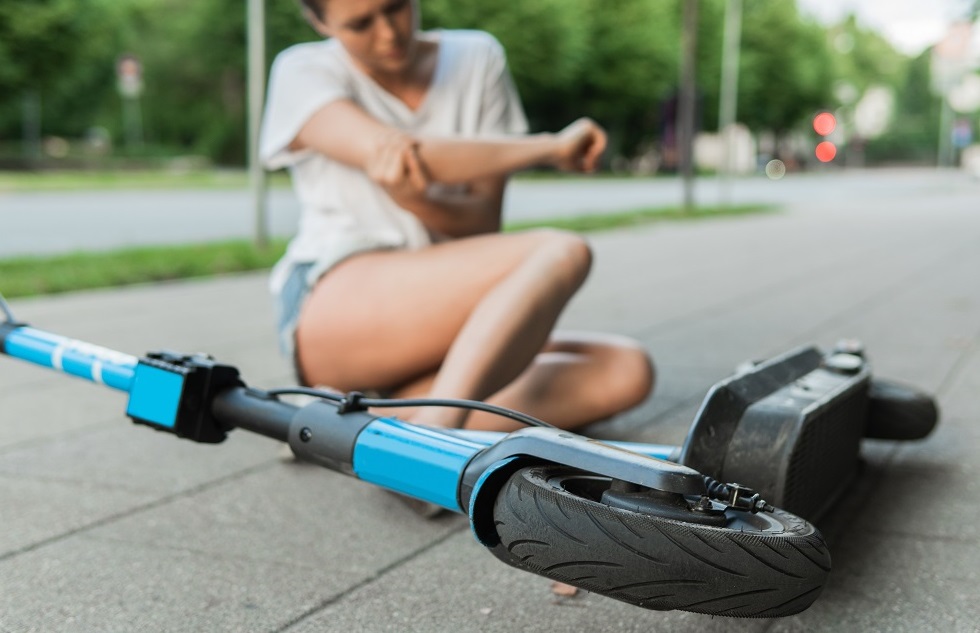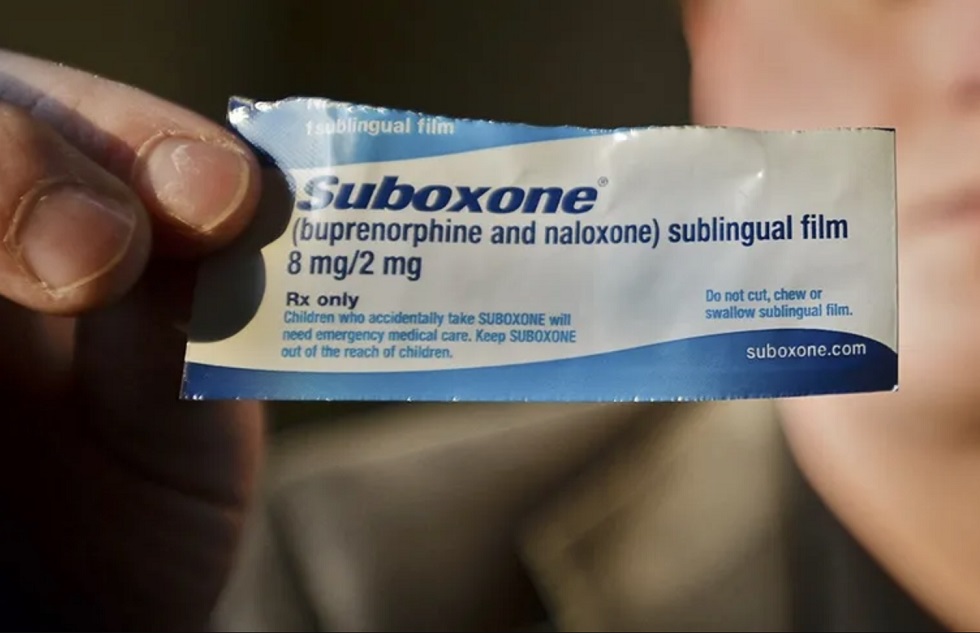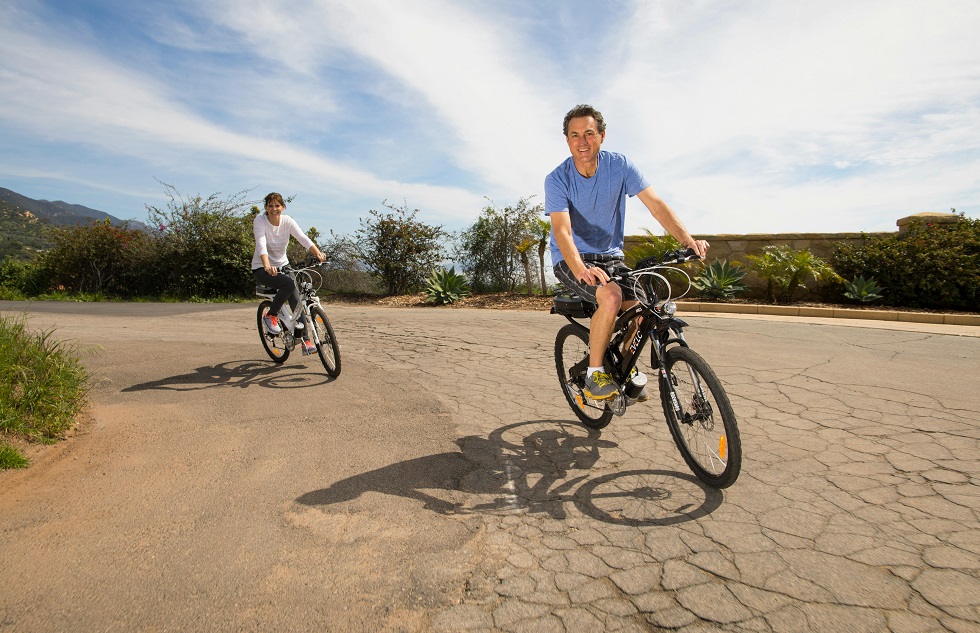Steering Through the Risks: Your Comprehensive Guide to E-Bike Safety and Legal Rights in The Sunshine State
As Florida’s streets and trails become increasingly populated with electric bicycles, the allure of this modern mode of transportation grows stronger. E-bikes, blending pedal power with electric assistance, offer an appealing alternative for both recreational riders and daily commuters. However, this surge in popularity comes with a corresponding rise in Florida e-bike accidents. At The Landau Law Group, we are committed to raising awareness about e-bike safety and providing the necessary legal guidance for those affected by such accidents.
The Growing Trend of E-Bikes in Florida
Recent statistics show a significant upswing in e-bike sales and usage across Florida, mirroring a national trend towards eco-friendly and convenient transportation options. The appeal of e-bikes lies in their ability to make cycling accessible to a broader demographic, offering an efficient means to navigate the scenic routes of The Sunshine State without the exertion required by traditional bicycles.
The Reality of E-Bike Accidents
Despite their benefits, the increased presence of e-bikes has led to a noticeable uptick in accidents. These incidents range from minor collisions to more severe crashes involving other vehicles or obstacles. Common causes include visibility issues, mechanical failures, and misunderstandings of e-bike capabilities and traffic laws.
Understanding the Risks of E-Bikes
E-bike accidents can result in a variety of injuries, from cuts and bruises to more serious conditions like fractures, head injuries, and even long-term disabilities. The impact of these accidents extends beyond physical harm, affecting victims’ lives, their ability to work, and their overall well-being.
Florida Law and E-Bike Riders
Understanding the legal landscape is crucial for every e-bike rider in Florida. The state’s approach to regulating e-bikes aims to balance the benefits of this innovative mode of transportation with the safety of all road users. Here’s a breakdown of key laws and regulations that e-bike riders in The Sunshine State should be aware of:
Classification and Operation
Florida classifies e-bikes into three distinct categories based on their maximum assisted speeds and operational features:
- Class 1 e-bikes assist riders only while pedaling, up to speeds of 20 mph.
- Class 2 e-bikes can propel themselves without pedaling but are capped at 20 mph.
- Class 3 e-bikes assist pedaling riders up to 28 mph but are restricted to those aged 16 and over.
This classification affects where e-bikes can be ridden and who can ride them, especially concerning Class 3 e-bikes and their restriction from certain bike paths unless allowed by local regulations.
Safety First: Helmets and Age
Florida law mandates helmet use for e-bike riders under 16, a rule that underscores the importance of safety for younger riders. While age restrictions are specifically noted for Class 3 e-bike operators, it’s vital for all e-bike users to ride responsibly and within their capabilities.
Riding Paths and Lanes
E-bikes are permitted on bike lanes and paths, offering riders a plethora of routes for exploration and travel. However, riders of Class 3 e-bikes should be particularly mindful of local ordinances that may limit their use on specific paths, ensuring respectful and legal use of shared spaces.
Nighttime Riding
Like traditional bicycles, e-bikes used after dark must be equipped with lamps and reflectors. This requirement not only aligns with common-sense safety practices but also with Florida’s legal standards for visibility and recognition on the road.
DUI Laws Apply
Significantly, e-bike riders are subject to the same DUI regulations as motor vehicle drivers. Operating an e-bike under the influence of alcohol or drugs is illegal and poses a serious risk to the rider and others.
No Need for Registration
In a departure from the requirements for motor vehicles, e-bikes in Florida do not need to be registered, and riders are not required to have a license or insurance specifically for e-bike use. This simplifies the process for new riders to begin enjoying their e-bikes while still adhering to state laws.
These regulations form the foundation of responsible e-bike use in Florida. By staying informed and compliant, riders can enjoy the freedom and flexibility of e-biking while ensuring their safety and the safety of others. As advocates for accident victims and safety enthusiasts, we at The Landau Law Group encourage all e-bike riders to embrace these guidelines as they explore the beautiful landscapes and bustling cities of Florida.
Florida E-Bike Accidents
What to Do If You’re Involved in an E-Bike Accident
If you find yourself in an e-bike accident, it’s important to prioritize your safety and seek medical attention, even if injuries seem minor. Documenting the scene, taking photos, and gathering witness statements can be invaluable. Contacting legal representation early can also ensure your rights are protected and help navigate the complexities of insurance and compensation.
Common Injuries from Florida E-Bike Accidents
E-bike accidents in Florida, much like those involving traditional bicycles, can result in a range of injuries, varying from minor to severe. The commonality and severity of these injuries often depend on factors such as the speed at the time of the accident, whether the cyclist was wearing protective gear, and the nature of the collision. Here are some of the more common injuries resulting from e-bike accidents:
- Head Injuries: These can range from mild concussions to severe traumatic brain injuries (TBIs). Helmets significantly reduce the risk, but head injuries remain common in e-bike accidents, particularly in collisions with vehicles or when riders are ejected from the bike.
- Fractures: Broken bones are frequent outcomes of e-bike accidents. The wrists, arms, legs, and ribs are particularly vulnerable, especially in falls or when a rider attempts to break their fall with their hands.
- Road Rash: When riders slide across the pavement, they can suffer from road rash, which is essentially a series of abrasions. While often considered a minor injury, severe cases can lead to infection and require medical treatment.
- Facial Injuries: These can include dental injuries, jaw fractures, and lacerations. Such injuries often occur when the rider’s face strikes the ground or another object during a fall.
- Spinal Injuries: The impact from e-bike accidents can lead to spinal injuries, ranging from herniated discs to more severe spinal cord injuries that can result in temporary or permanent paralysis.
- Internal Injuries: Collisions at higher speeds, especially with vehicles, can cause internal injuries, including internal bleeding and organ damage. Such injuries might not be immediately apparent but can be life-threatening.
- Limb Injuries: Dislocations and severe sprains are common in e-bike accidents, often resulting from trying to avoid a fall or direct impact with a vehicle or stationary object.
- Psychological Injuries: Beyond the physical injuries, victims of e-bike accidents may suffer from psychological impacts, such as post-traumatic stress disorder (PTSD), anxiety, and depression, especially in more severe accidents.
The use of protective gear, like helmets, and adherence to safety measures, such as using lights at night and reflective clothing, can significantly reduce the risk of these injuries. Additionally, understanding and following local traffic laws designed for e-bike use is crucial for safety. For those involved in e-bike accidents, seeking prompt medical attention is essential, even if the injuries appear minor, as some conditions may not be immediately evident.
What type of compensation may Florida E-Bike accident victims be able to collect?
In Florida, victims of e-bike accidents may be entitled to various types of compensation, depending on the specifics of their case, such as the severity of their injuries, the circumstances of the accident, and the applicable laws. The goal of compensation is to cover the victim’s damages and losses resulting from the accident. Here are common types of compensation that e-bike accident victims in Florida might be able to collect:
- Medical Expenses: Compensation can cover past, current, and future medical expenses related to the injuries sustained in the accident. This includes hospital bills, costs of surgery, medication, rehabilitation, physiotherapy, and any long-term care needs.
- Lost Wages and Earning Capacity: Victims may receive compensation for lost wages if they are unable to work due to their injuries. If the injuries affect the victim’s ability to earn money in the future, compensation for loss of earning capacity may also be considered.
- Property Damage: Compensation can include the cost of repairing or replacing the e-bike and any other personal property damaged in the accident.
- Pain and Suffering: This type of compensation is intended to cover the physical pain and emotional distress suffered by the victim as a result of the accident. It includes compensation for both present and future pain and suffering.
- Emotional Distress: Separate from pain and suffering, this compensation addresses the psychological impact of the accident, such as anxiety, depression, and PTSD.
- Loss of Enjoyment of Life: If the injuries prevent the victim from enjoying hobbies, recreational activities, and other life pleasures they once engaged in, they may be compensated for this loss.
- Punitive Damages: Though less common, punitive damages may be awarded in cases where the defendant’s actions were particularly reckless or egregious. These are intended more as a punishment to the wrongdoer and a deterrent against similar future behavior rather than a direct compensation to the victim.
- Wrongful Death: In the tragic event that an e-bike accident results in death, the victim’s family may be entitled to wrongful death compensation. This can include funeral and burial expenses, loss of the deceased’s income and support, loss of companionship, and emotional distress among surviving family members.
It’s important for victims of e-bike accidents in Florida to consult with a personal injury attorney who is experienced in handling similar cases. An attorney can provide legal advice tailored to the specifics of the case, help navigate the complexities of Florida law, and ensure that the victim pursues all the types of compensation they are entitled to. Legal representation can significantly impact the outcome of a compensation claim, aiming to secure a fair and comprehensive settlement for the victim’s losses and suffering.
How The Landau Law Group Can Help
The Landau Law Group specializes in personal injury law, including cases involving e-bike accidents. Our experienced team understands the nuances of Florida’s legal system and is dedicated to advocating for the rights and well-being of e-bike accident victims. Whether you’re facing insurance claims or considering legal action, we’re here to provide the support and guidance you need.
The Landau Law Group: Florida E-Bike Accident Lawyers
The rise of e-bike usage in Florida brings a new dimension to navigating our roads and trails. While e-bikes offer numerous benefits, they also introduce risks that riders must be aware of. By staying informed about safety practices and legal rights, e-bike riders can enjoy the freedom of the road with peace of mind.
If you or someone you know has been involved in an e-bike accident, don’t navigate the aftermath alone. Contact The Landau Law Group for a consultation to discuss your case and explore your options. Our team is here to help you on your road to recovery and ensure your rights are protected every step of the way.
Florida Personal Injury Lawyer
Personal Injury Blog Posts

Can I Sue for a Burn Injury in Florida?
If you have suffered a burn injury in Florida, you may be wondering whether you have the right to take legal action. The simple answer is yes, you can sue for a burn injury in Florida if someone else's negligence caused the harm. This can include accidents at work,...

Do I Have a Case If I Was Burned by Hot Liquid at a Restaurant?
If you were burned by hot liquid at a restaurant in Florida, you might wonder if you have a legal case. You could have a claim if the injury happened because the restaurant was careless, such as serving drinks too hot or using faulty containers. Not every burn leads...

Can I Sue a Company for a Defective Product That Caused a Burn?
If you’ve been burned by a defective product, you might wonder if you can hold the company responsible. The simple answer is yes, you can sue a company if their product caused your burn injury due to a design flaw, manufacturing error, or lack of proper warnings. In...

What Are My Legal Options If My Child Nearly Drowned in a Florida Swimming Pool?
When a child nearly drowns in a swimming pool in Florida, the situation is both frightening and confusing for families. Understanding the legal options available can help parents take the right steps to protect their child's future and hold responsible parties...

What Proof Is Needed For A Dog Bite Injury Claim In Florida
If you’ve been bitten by a dog in Florida, you might wonder what proof is needed to make a successful injury claim. In Florida, the key is showing that the dog bite caused your injury and that the dog’s owner is responsible under the state’s strict liability law. This...

How Serious Does a Dog Bite Have to Be to Sue?
Getting bitten by a dog can be scary and confusing. You might wonder if your injury is serious enough to take legal action. You can sue for a dog bite in Florida regardless of how minor it seems, as long as you suffered some form of injury or damage. Many people think...

Riding into Risk: A Guide to Scooter Accident Injury Claims in Florida
In Florida, where the sun shines bright and the streets are bustling with energy, scooters have emerged as a popular mode of transportation. They offer a sense of freedom, a dash of fun, and a green alternative to the congested commutes. Yet, amidst this two-wheeled...

Suboxone and Your Teeth: What You Need to Know
Protecting Your Smile While on the Road to Recovery: Understanding Suboxone's Dental Side Effects Suboxone is a medicine used by many people to help fight opioid addiction. It's made of two main ingredients, buprenorphine and naloxone, and works by easing withdrawal...




